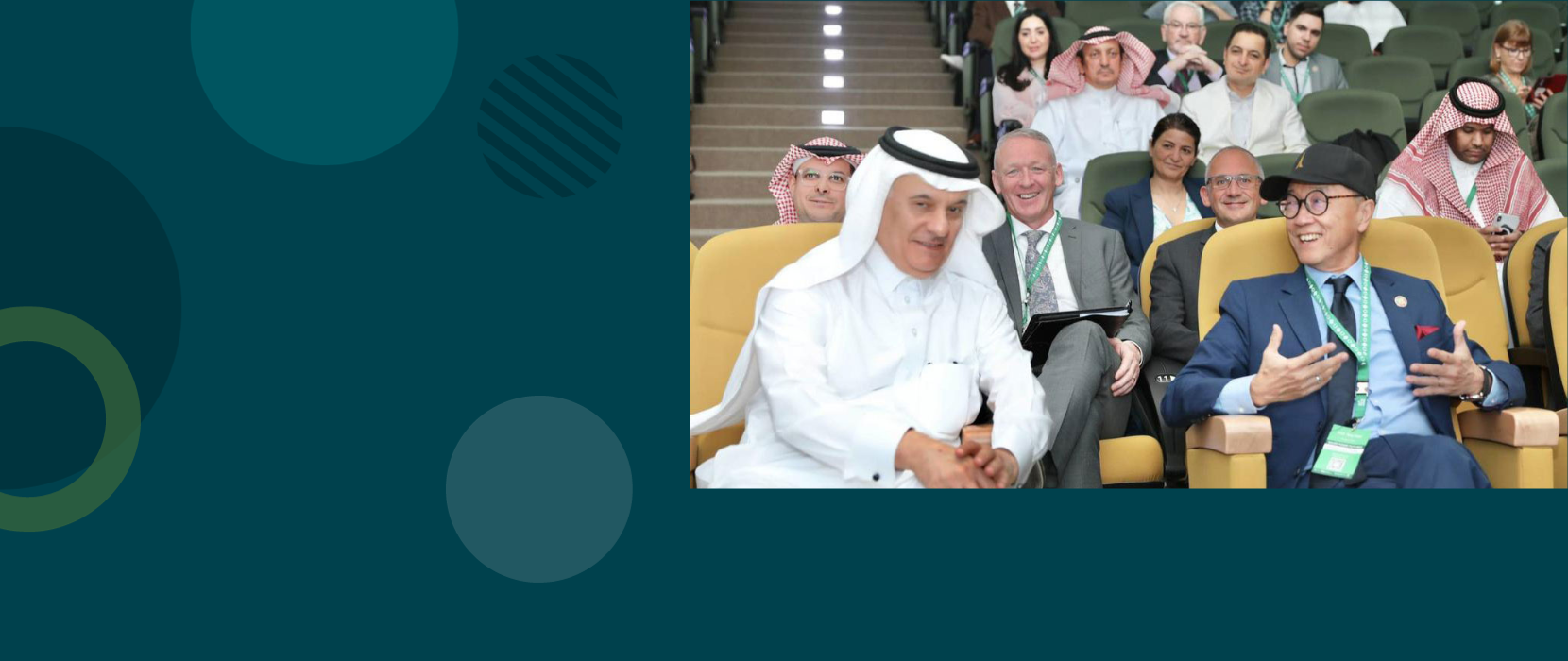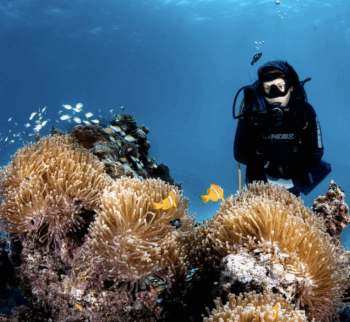As by KAUST News:
Saudi Arabia is currently stable when it comes to food security, with key strengths in affordability and availability. However, as in other parts of the world, its food system faces increased risk from climate change, biodiversity loss, resource scarcity, and geopolitical instability. Without systemic transformation, food security in Saudi Arabia will not be sustainable in the long-term.
Recognizing the need for collaboration across disciplines, sectors, and borders, King Abdullah University of Science and Technology (KAUST) and the Ministry of Environment, Water and Agriculture (MEWA) held the KAUST Workshop for Saudi Food Futures in Riyadh on October 22. This significant event took place at MEWA’s headquarters under the auspices of H.E. Eng. Abdulrahman AlFadley, Minister of Environment, Water, and Agriculture. The workshop received sponsorship from Almarai, Nadec, and Pepsico, with strategic partnerships established with NEOM and AEON Collective. Following the success of the KAUST Workshop for Sustainable Food Security in March 2022, the workshop convened key stakeholders to identify strategic priorities for Saudi Arabia’s food security and deliberate on the integration of smart technologies to support these strategies.
The day-long event fostered engaging discussions, with panels focusing on pivotal aspects such as strategies, policies, investments and partnerships for food security. The sessions delved into advancements and innovations in sustainable cropping systems development, the production of alternative proteins, and improvements in growing animal products sustainably, as well as modernizing the grazing system.
In addition, the new consortium, Saudi Food Futures Initiative (SFF), was officially announced. SFF will bring together key stakeholders, including academia, government bodies, international organizations, civil society, and industry. By leveraging diverse expertise, the initiative aims to support forward-looking policies, regulatory frameworks, and the exchange of best global practices. The primary objective is to expedite the sustainable and resilient transformation of the Saudi food system, aligning with both the Kingdom’s short-term (by 2030) and long-term (by 2060) visions.
H.E. Eng. Abdulrahman AlFadley and KAUST President Tony Chan gave the opening remarks.
“This strategic cooperation with MEWA on such critical issues of national interest with impact at its core embodies the very essence of why KAUST was founded some fourteen years ago and the new KAUST strategy launched His Royal Highness the Crown Prince last August,” said President Chan.
With this collaborative publication, KAUST contributes to achieving the UN SDG 2 – Zero Hunger – and SDG 17 – Partnership for the Goals as well as Saudi Arabia’s Vision 2030 objectives of securing food security in the Kingdom and ensuring environmental sustainability.




